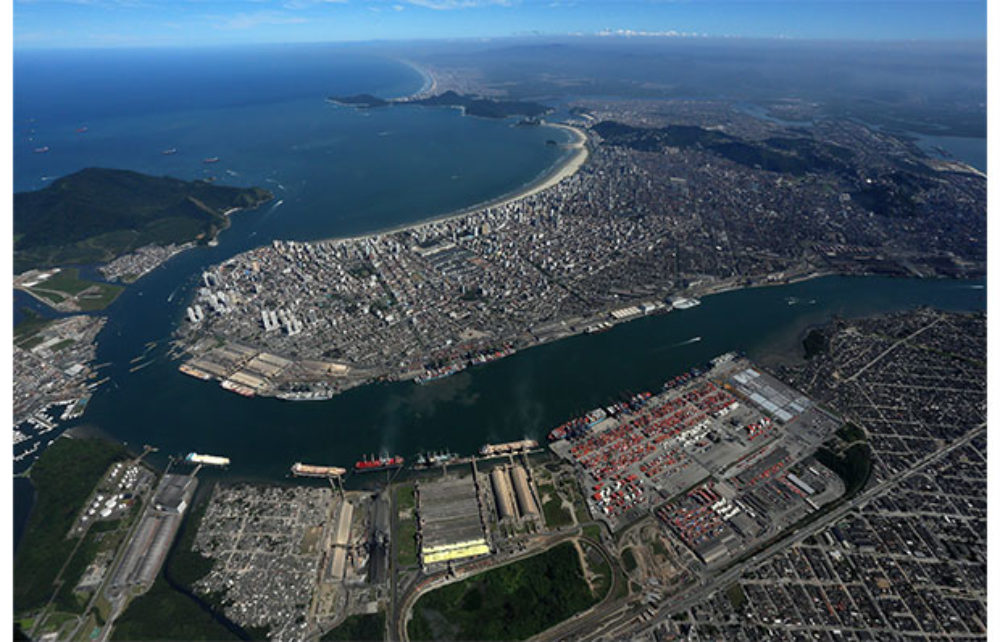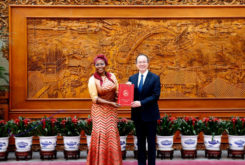Chinese trade with Brazil resisted the Covid-19 pandemic in the first quarter of the year and even rose in the cases of Cabo Verde and Timor Leste. However, exchanges with the remaining Portuguese-Speaking Countries (PSC) fell sharply in the first quarter of the year.
According to data from China Customs, now released, trade in merchandise between China and the PSCs reached USD 31.968 billion in the period from January to March 2020. It represented a 5.13 percent decline year-on-year.
PSCs sold goods worth USD 23.227 billion to China in the first three months of 2020 – a decline of 5.15 percent year-on-year. The value of China’s merchandise exports to those countries reached USD 8.741 billion in the same period, down 5.08 percent year-on-year, according to Chinese official data.
Brazil remains as China´s main partner among the PSCs, with USD 24.72 billion in the first quarter of 2020, 1.16 per cent less than in the same period of 2019. Chinese exports and imports from Brazil both declined slightly, USD 7.219 billion and USD 17.50 billion.
Trade with Angola fell 16 per cent, to USD 5.35 billion until March, with imports (mostly oil) dropping b7 17 per cent. Exchanges with Portugal dropped by nearly 14 per cent, to USD 1.36 billion.
Chinese commerce with Mozambique had one of the most negative performances among the PSCs, dropping 26 per cent to USD 476 million, while that with Sao Tome e Principe fell nearly 49 per cent. Exchanges with Guinea-Bissau were almost 16 per cent bellow last year.
The better performing trade balances were those with Cabo Verde and Timor Leste: in the first case, rising nearly 9 per cent (to USD 13.4 million) due to an increase in exports, and in the second case rising almost 10 per cent, to USD 26.9 million, due to a 344% per cent increase in imports.




